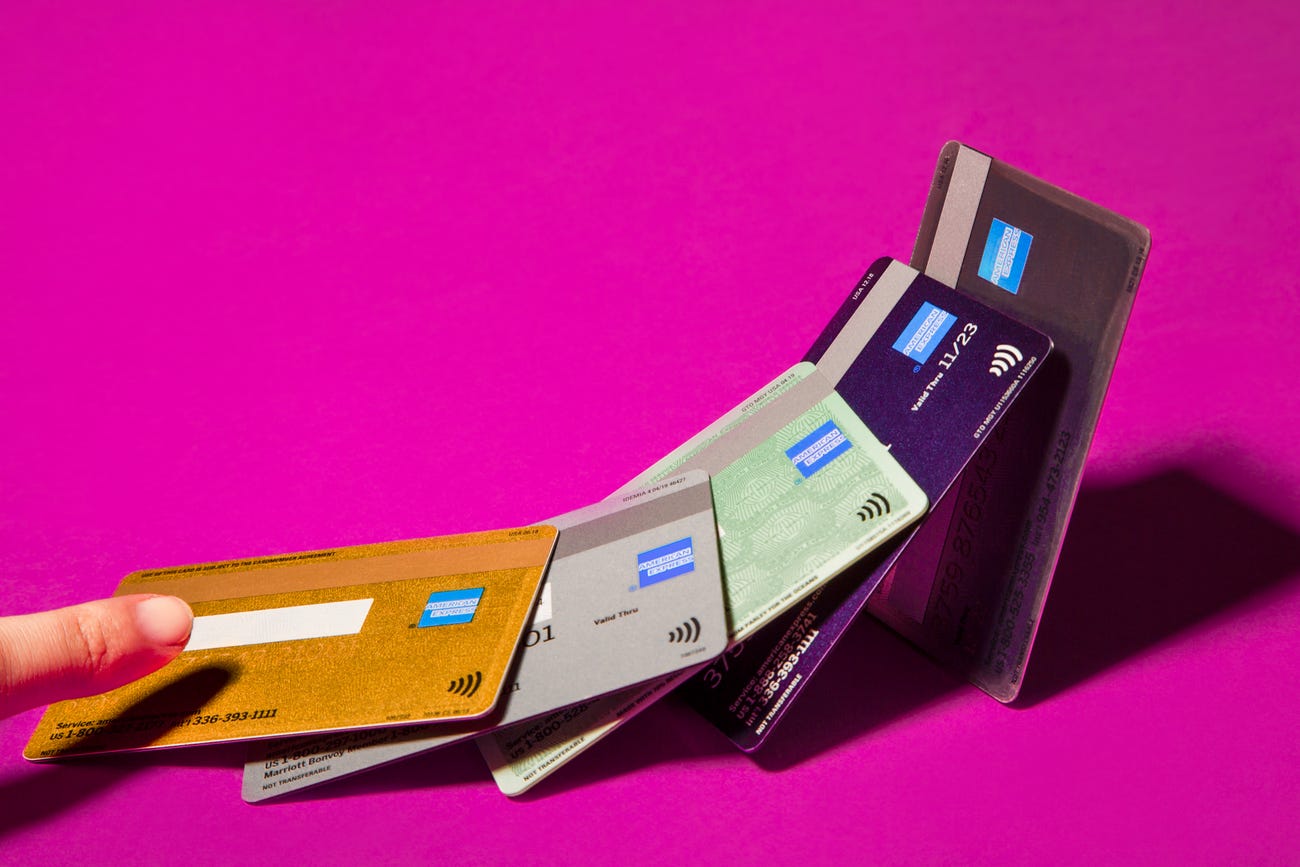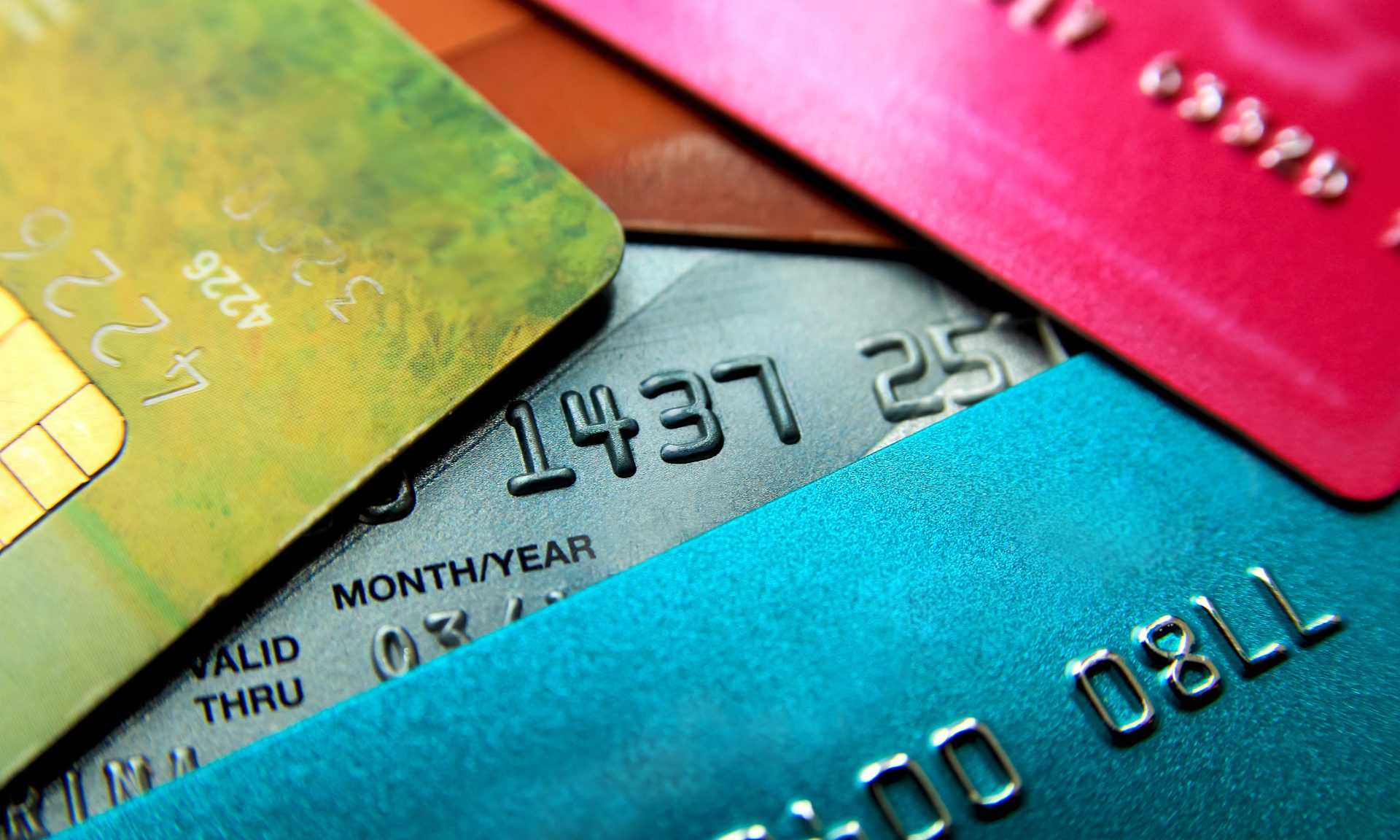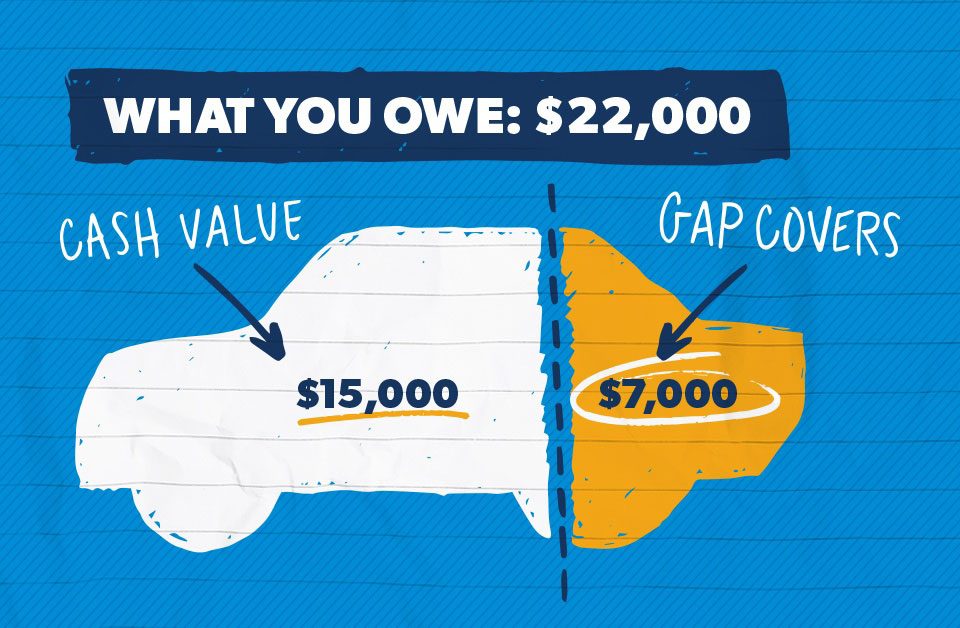How to Build Up Your Credit with Your Credit Card

2022 Mitsubishi Outlander
08/06/2021
Establishing Credit When You Have No Credit History
08/27/2021How to Build Up Your Credit with Your Credit Card
Nowadays, most people have at least one credit card in their wallets. A credit card is one of the most common ways to build up your credit. Once you get your hands on a credit card, you can use it to build up your credit only if you first understand how it works. When you are using your credit card every month you must make sure you are paying off your purchases on time and keeping a low credit utilization (less than 30%). For example, if your credit card limit is $1000, you should never carry a balance more than $300. This way you can build up your credit very fast. But there are many ways to build up your credit with your credit card other than making purchases and payments. For instance, once activated you can put your credit card with $0 balance in your safe and forget about it. Your credit will build rapidly as it will be reported to the credit bureau as on-time payment as well a 0% utilization.

The main key, regardless of your exact approach, is to get a credit card as soon as possible and make certain to make every payment on time. Simply having an open credit card account is the easiest way to build credit and payment history is the biggest ingredient in your credit score.
Here’s how to build credit with a credit card:
- Apply for a secured credit card or a starter credit card.
- Set up automatic monthly bill payments for your credit card from a bank account.
- Use less than 30% of your credit limit (ideally 1%-10%).
- Pay your full balance by the due date (to save on that 19.99% interest, too).
- Use TransUnion or Equifax to monitor your credit.
It’s always important to regularly monitor your credit to make sure that there are no errors falsely bringing down your score.

Ways to Build Credit with a Credit Card
1-Make Purchases and Pay On Time: Making purchases and paying them off demonstrates to your credit card company that you are able to responsibly handle debt and can be trusted to stick to payment deadlines. If you never borrow money, it’s harder for creditors to predict how you would act if you did. It may seem counterintuitive at first, but utilizing at least 1% but less than 30% of your credit is actually better for your credit score than 0% utilization. So you should make purchases every month (for example, you can pay your cellphone, utility and other monthly bills), then pay them off after your statement closes but before your due date.
You’ll typically have a grace period of 21 days to pay the payment for your charges before you owe any interest. Ideally, you should pay as soon as you receive your statement, so that there’s no possibility you’ll be late. You should strive to pay in full, too, or else you’ll lose that grace period and owe interest right away on new purchases.
2-Open a Card & Lock It Away: Even if you don’t use your credit card, you’ll still have positive information reported to the credit bureaus every month, because your account is “Active” and you aren’t desperate to use your available credit. That will help you build your score, albeit a bit slower than if you made purchases and paid them off on time.
Keys to Building Credit with a Credit Card
- Pick the Right Credit Card: It’s important to do research before you apply. Consider your needs, then compare the terms of cards that cater to those needs. You can use WalletHub’s credit card comparison feature to help.
- Always Pay On Time: Missing a payment is one of the worst things you can do to your credit. A good payment history is essential for future approvals and credit limit increases, so make sure to always make at least the minimum payment before it’s due.
- Pay In Full Whenever Possible: Paying just the minimum required will keep your account in good standing, but it won’t save you on interest. Paying in full by the due date does, though. And you don’t want to get in the habit of spending more than you can afford to repay.
- Don’t Max Out Your Limit: Using more than 30% of your credit risks damage to your score. 1%-10% utilization will help your score the most. And, of course, don’t spend beyond your means, regardless of what your limit is.




